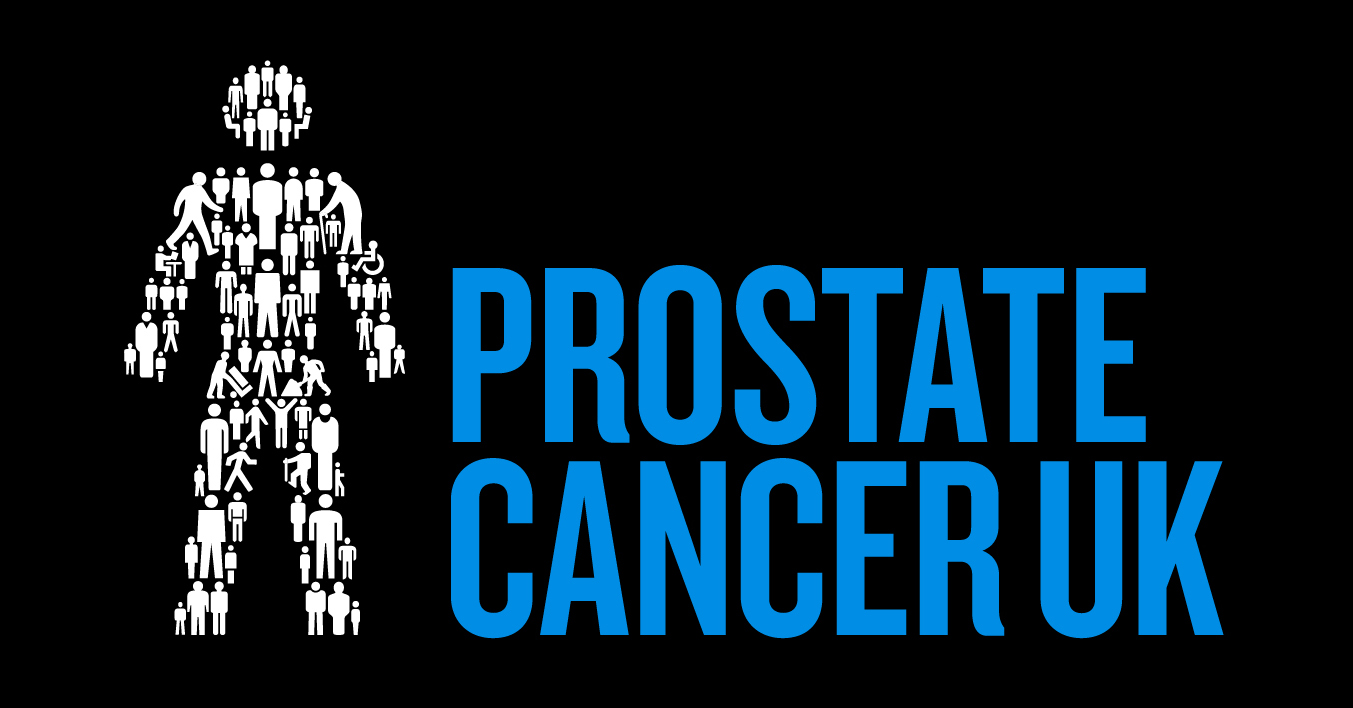As an associate of the British Hospitality Association, Club Insure fully supports their being the leading agenda-setter and member’s organisation for the hospitality and tourism industry.
As part of their continued commitment to promoting the interests of operators, brands and owners across this sector, the BHA are raising awareness of the new EU Allergen Regulations that came into force on December 13th 2014.
Worryingly, many traders are still unaware of their legal obligations so the BHA have created a Guidance Toolkit designed to assist in understanding and implementing the new Allergen Regulations, ultimately saving money and time.
It is worth noting that failure to comply might impact your insurance policy if a customer files legal proceedings.
Focus on allergens
From December all UK food service providers, including food service operators, will be responsible for clearly informing their customers about the presence of any of 14 food allergens in the food they serve. It means that everyone, from suppliers and chefs to the waiting staff, will need to understand what food ingredients cause allergies and how to inform their customers about them.
Allergen information must be provided for non-pre-packed foods (such as plated dishes) in written or oral formats with clear signposting to where consumers can obtain this information if not provided in a written format. Waiting staff will need to explain which ingredients in which dishes may be allergenic.
Food includes drink, so allergenic ingredients in alcoholic and non-alcoholic drinks must also be given to customers on request.
If food is “pre-packed” there is no change in the law and any allergenic ingredients need to continue to be emphasised in the labelling.
The Law
The new law applies to all food businesses that have direct interaction with their customers including, sports, social, political, community and private venues.
What are the allergenic ingredients?
There are 14 allergens that must be labelled or indicated as being present in foods and these are:
- Cereals containing gluten such as wheat, rye, barley, oats, spelt or khorasan
- Crustaceans for example prawns, crabs, lobster, crayfish
- Eggs
- Fish
- Peanuts
- Soybeans
- Milk (including lactose)
- Nuts such as almonds, hazelnuts, walnuts, cashews, pecan nuts, Brazil nuts, pistachio nuts, macadamia (or Queensland) nuts
- Celery (including celeriac)
- Mustard
- Sesame seeds
- Sulphur dioxide (>10mg/kg or 10mg/L)
- Lupin
- Molluscs for example clams, mussels, whelks, oysters, snails and squid
The BHA perspective
“The British Hospitality Association is a consistent advocate of local supply chains across the hospitality and tourism industry. These new allergen regulations mean that knowing your suppliers and the ingredients used is vital.
“Our view and approach has always been to encourage food service businesses to purchase food from smaller local businesses. This is demonstrated by our involvement with SALSA (Safe and Local Supplier Approval Scheme) which provides assurance of food safety in small businesses and is supported by BHA members.
“However, we recognise that these new regulations will put a significant burden on hospitality suppliers and the front line service providers and we estimate the cost of implementing them could be in the region of £200 million per year.”
For detailed information, access to the Toolkit, facts & stats and legalities visit www.bha.org.uk or to find out more about food allergies and intolerance visit anyone of the following sites:
- Click here to view The Government Food Allergy leaflet
- Click here to view information regarding Food Allergy on the NHS website
- Click here to view The Government loose Foods leaflet
- Click here to view more on Food intolerance and Coeliac disease
- Click here to view the Allergy and intolerance section of the Food Standards Agency’s industry and enforcement site
- Click here to view a Detailed list of 14 Allergens from the Food Standards Agency
Club Insure – because we take our clients welfare seriously.







